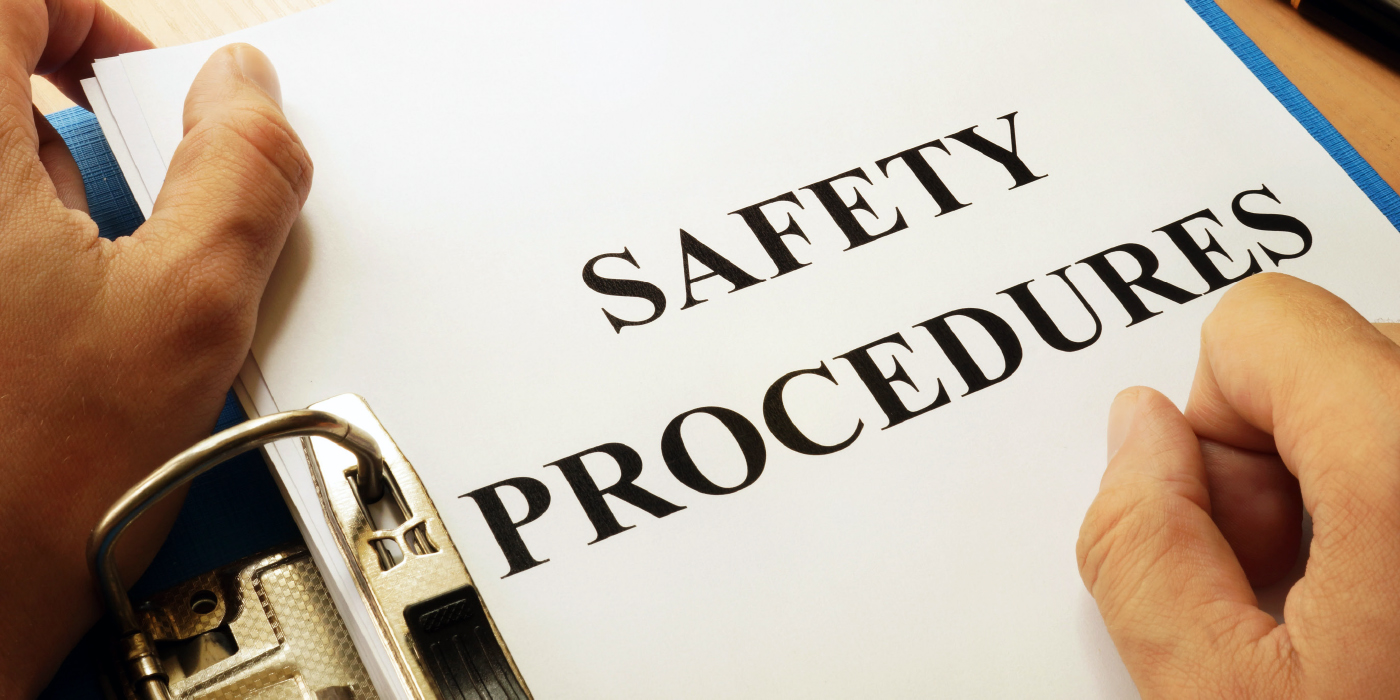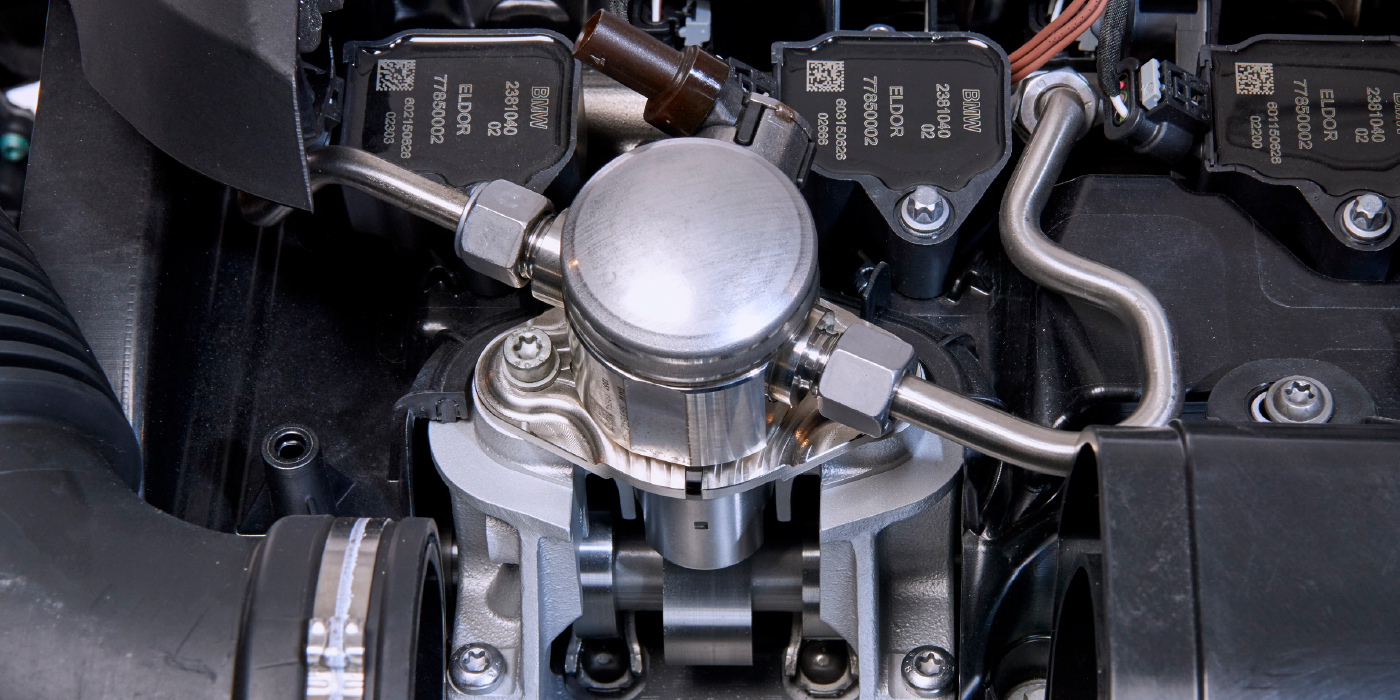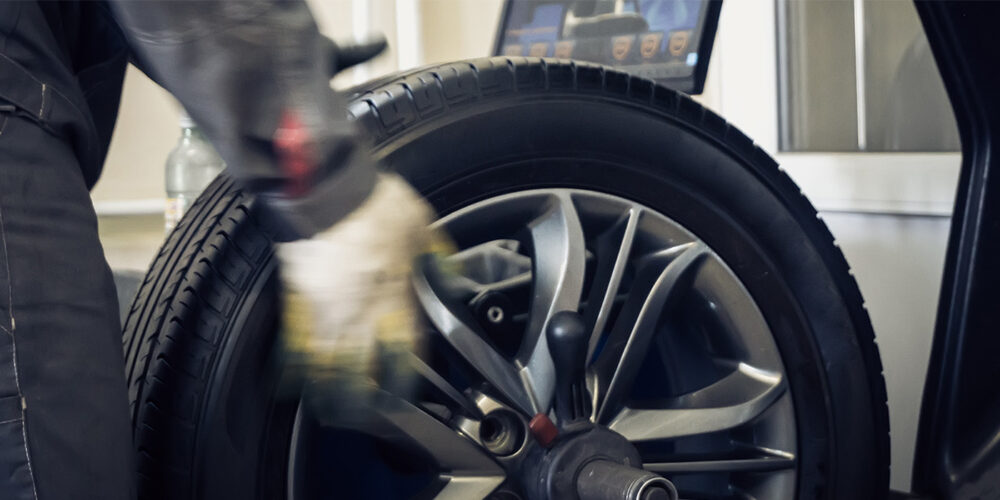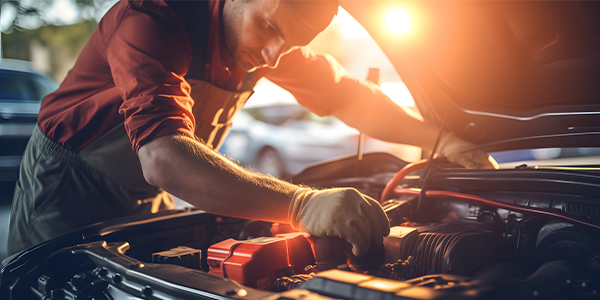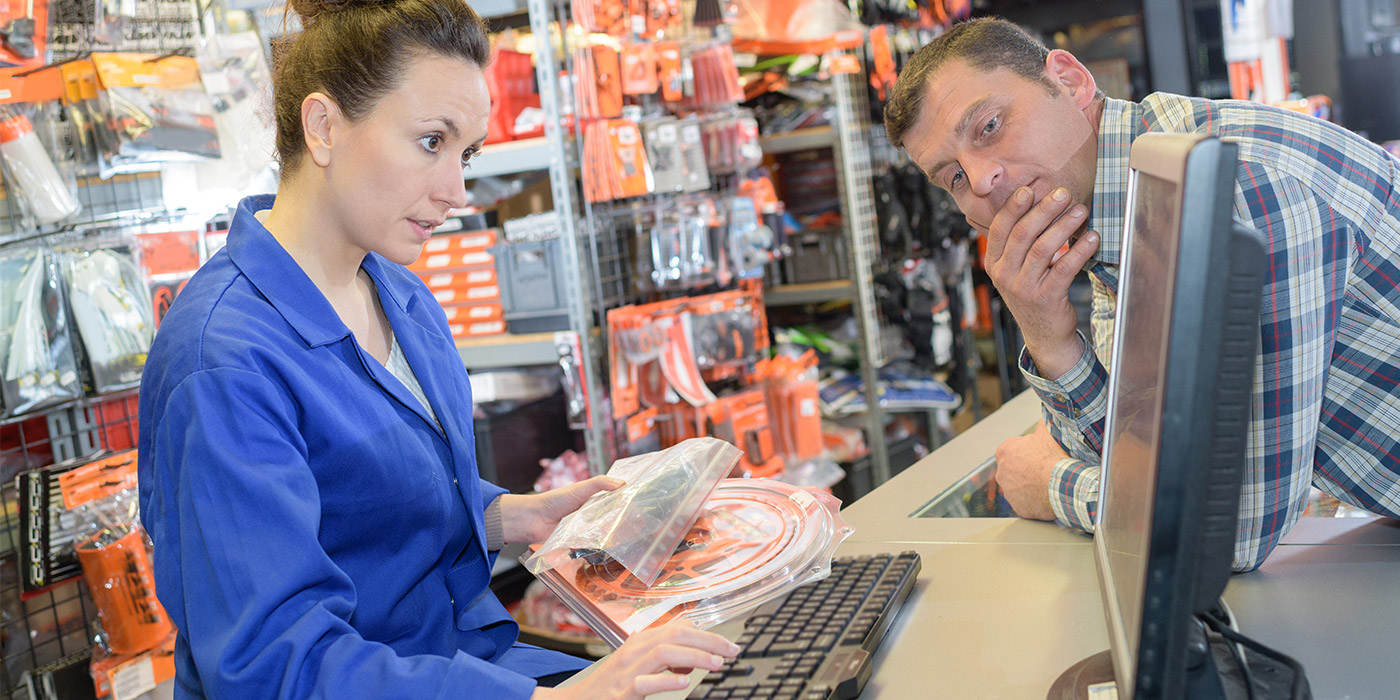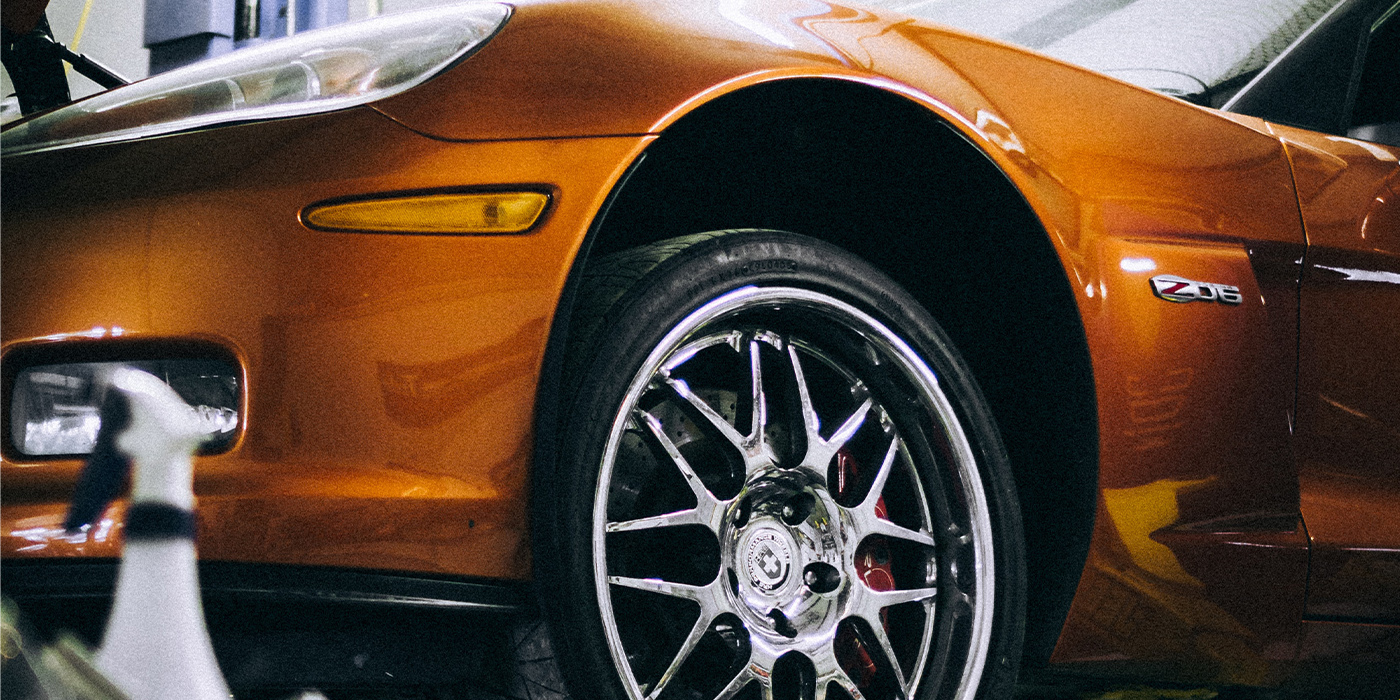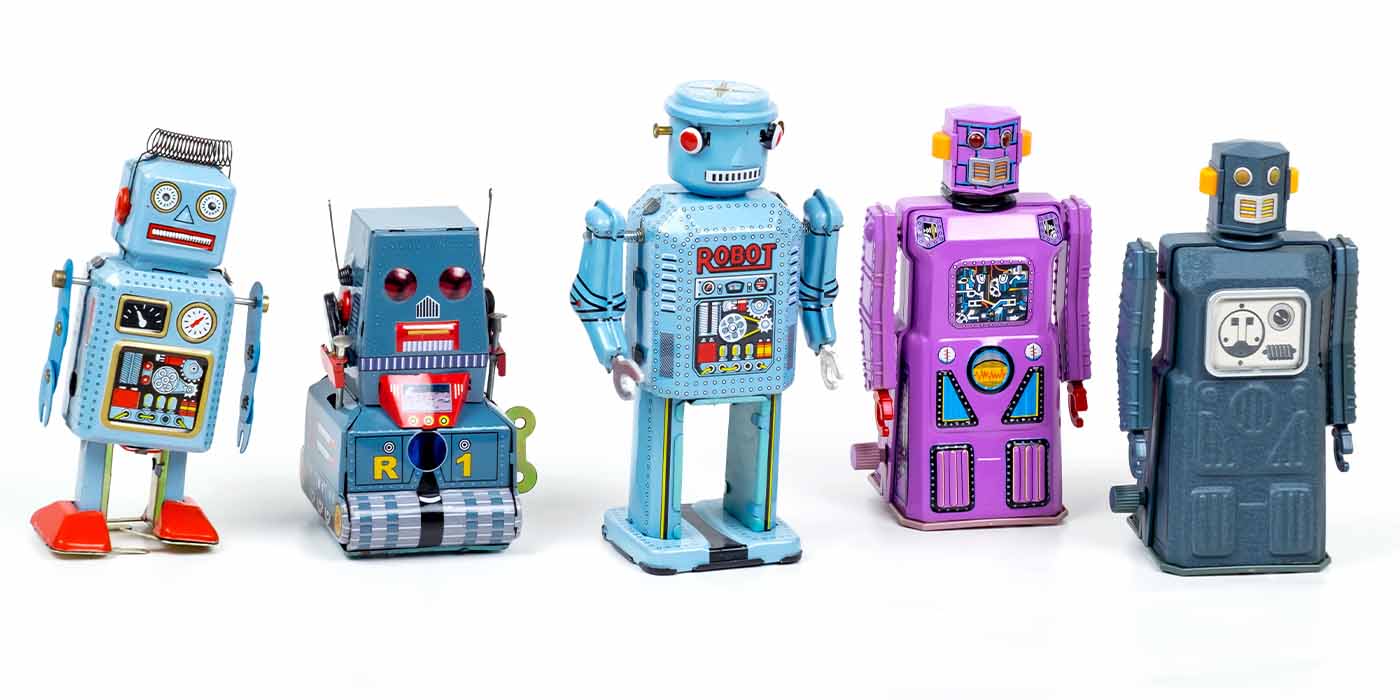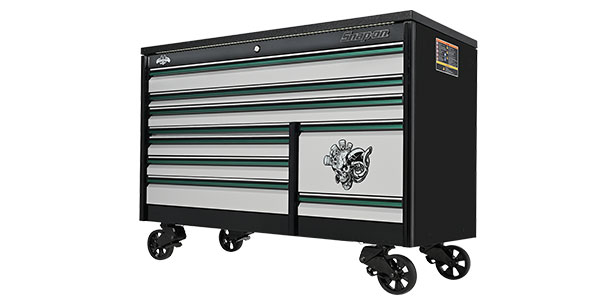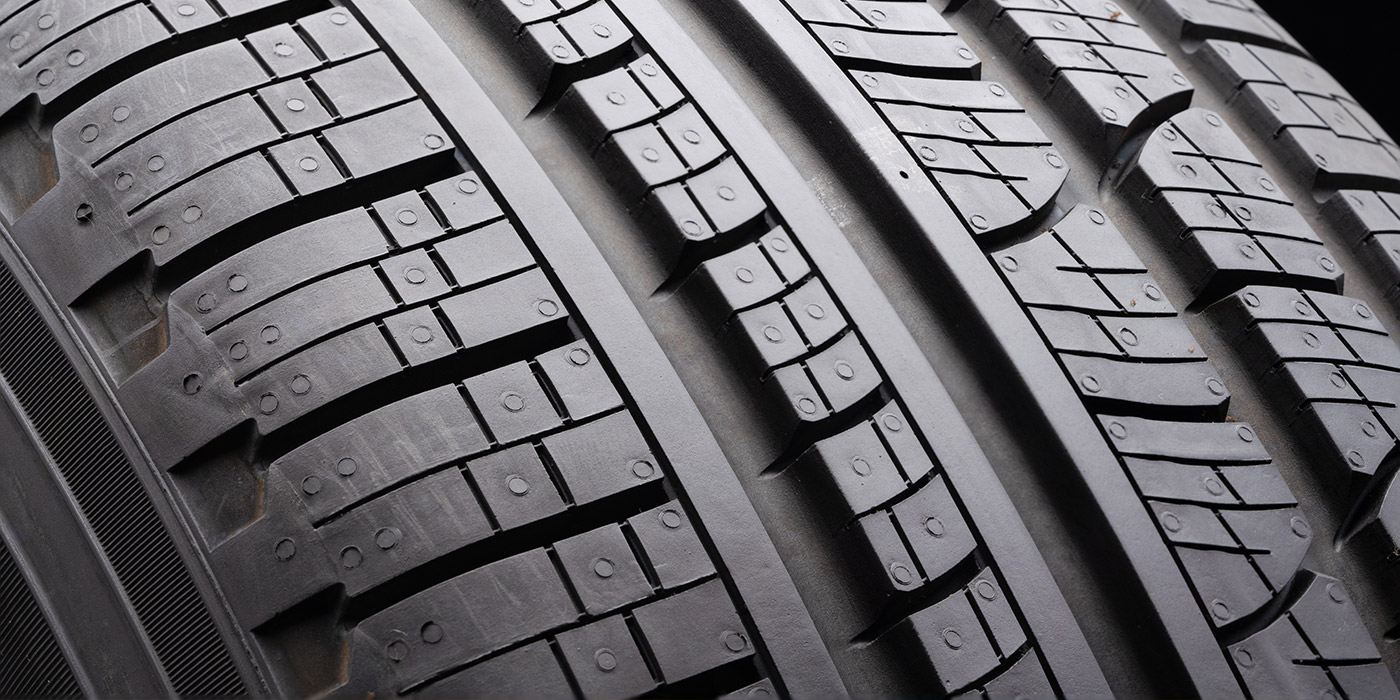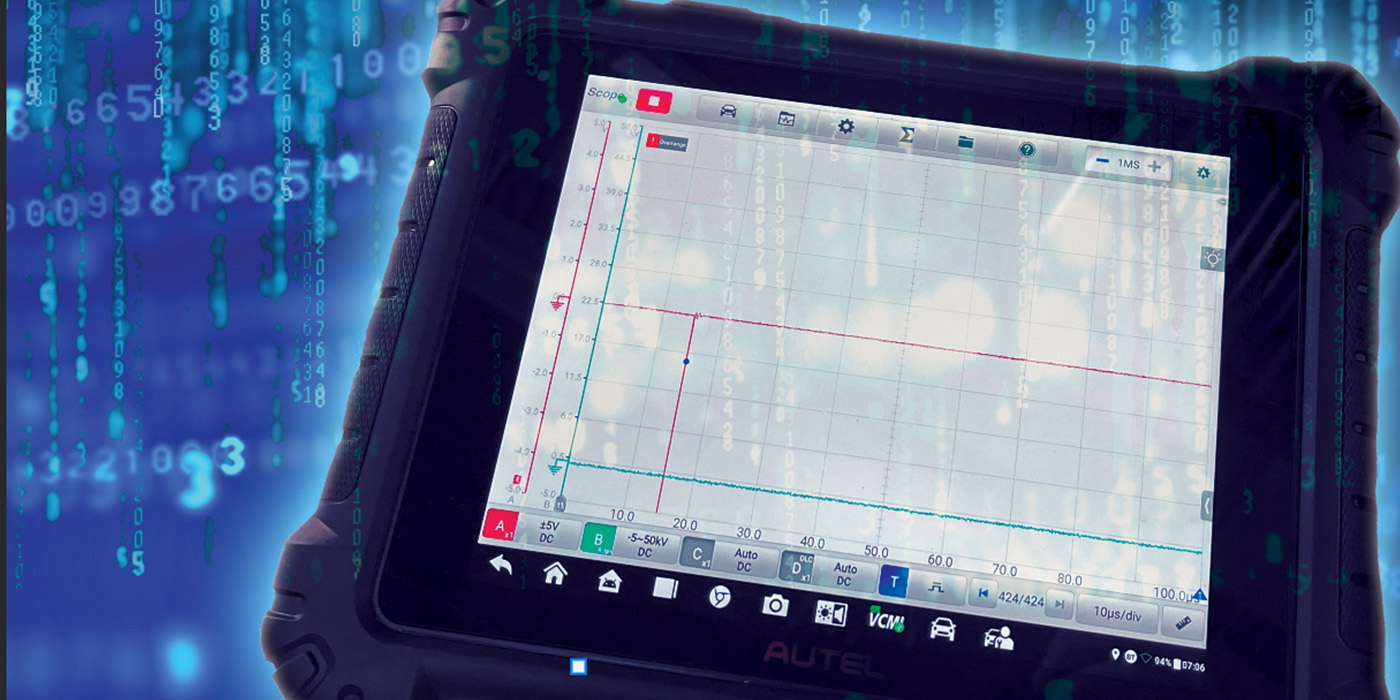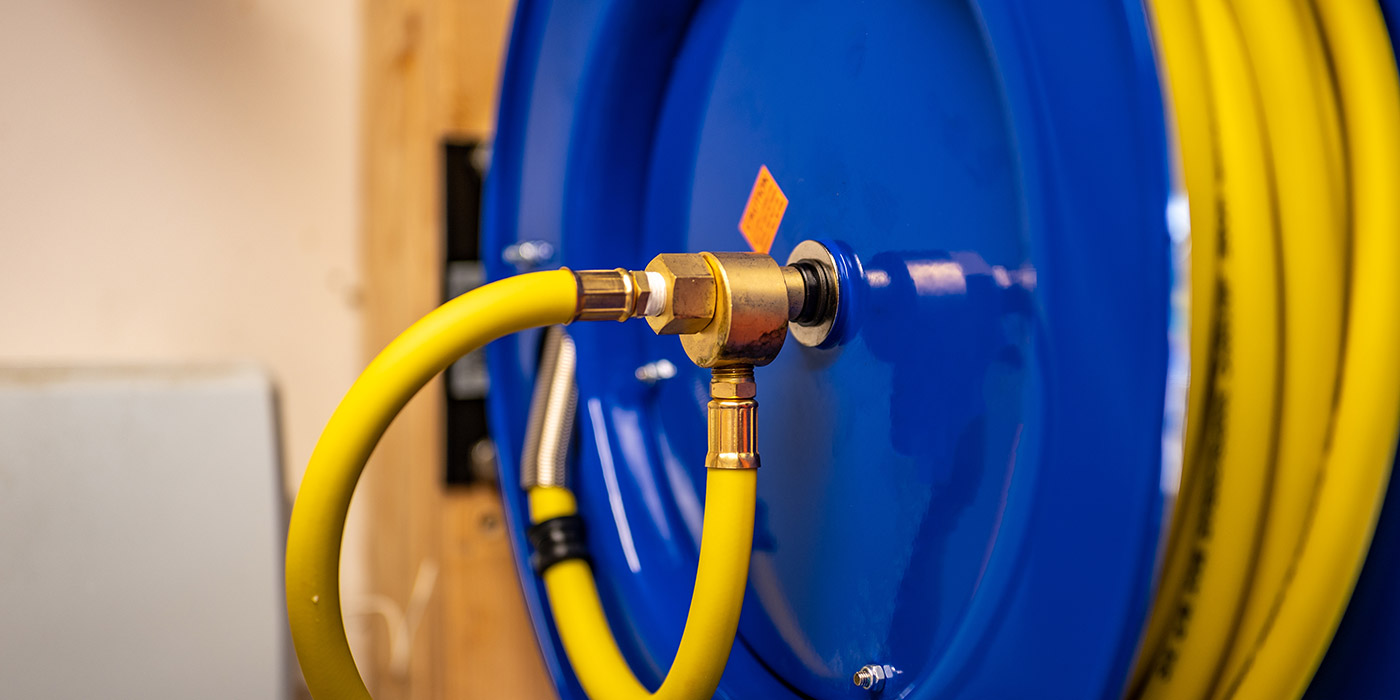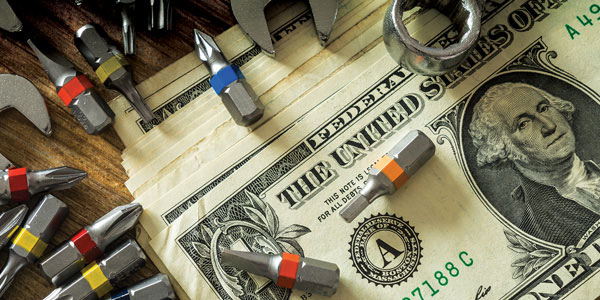
What’s up everybody? This is a question I see all the time that usually comes with two different sides. One side is that expensive tools are all just overpriced and going to break anyhow, but the flip side is there’s no possible way you can be a professional technician if you’re using inexpensive tools. To me, both sides are equally as ridiculous.
What it all boils down to is, are you getting the car fixed correctly? Because that is really the whole point. I like to use this analogy: let’s say you’re a golfer and you go out and you play a round of golf with Tiger Woods and you’re using the most expensive, greatest custom clubs ever built, while he has the cheapest $99 set from your local sporting goods store.
I’m going to almost guarantee you that Tiger Woods would still wipe the floor with you in a round of golf, even though you had the best of the best and he had the worst of the worst. It’s his talent, his knowledge of the game, his experience. Those are so much bigger of a factor than the stick that he’s hitting the ball with. Now, give him those high dollar custom clubs and he’ll probably do even better, but either way, the clubs aren’t what makes Tiger Woods an amazing golfer.
This is kind of how I see most tool purchases. Let’s look at a couple of different categories and start with hand tools. For a long time in my career, I used a less expensive hardware store ratchet and it was my go-to. I think it cost about $30. Ultimately it did about the same job as an expensive one would. Now that changes a little bit when you get into like super high-tooth count ratchets or specially designed things, but all in all you’re going to put a socket on and you’re going to twist it and it’s going to remove or install a bolt.
So, if you find an inexpensive ratchet that you are comfortable with and fits your hand and fits in the spaces that you’re trying to work — awesome. It’s going to do a great job.
Now with sockets, you may find some of the more expensive ones fit a little bit better on the bolt and may be stronger, but the inexpensive ones might also do exactly as good of a job in 99% of the cases. While quality is very important, your technique for using your tools is going to play as big or bigger of a factor than the tools themselves.
Next, let’s look at power tools and this is where we might actually see an advantage to buying a much more expensive one, but it really all depends. For example, I have an electric ratchet that was very expensive, came with two batteries and has good ergonomics, good weight, good power, good speed. I also have one that I bought from a hardware store at half the price. The cheaper one is a little less powerful and a little bit slower, but ultimately does the job just as well to the point where I grab that one rather than the expensive brand.
Now my pneumatic impact gun, I spent more money deliberately because I wanted something composite and I also wanted something that was quieter. It gets really loud in the shop when you’re running an impact gun near your face all day long. Things like ergonomics, battery life and noise level are all key factors when trying to decide what power tool to use. Now I could have bought an inexpensive one, but to me it’s worth spending a little bit extra money to get something that I felt was more valuable.
Power tools are a place where you sometimes do really see the benefit for spending more money, but again, we have to be smart about the tools that we buy and make sure that we’re buying what we need for our application.
Moving on to diagnostic equipment, this is an area where almost every case it makes sense to buy the more expensive one because you’re usually going to get a better tool. Now, if we’re talking about a $15 test light, it doesn’t matter, right? It’s a stick of metal with a spring, a light bulb, a cord and a clamp. There’s not too much to it, but what about when we look at things like scan tools? That more expensive one is probably going to do more for us. What about lab scopes? If we’re breaking out the lab scope, do we really want to trust these results to a cheap product that doesn’t update as fast or have the range of an expensive one? When it comes to diagnostics, things like multimeters and meter leads, we do not want to trust our very important test to an inferior product.
Now what about toolboxes? This is one I’m actually kind of mixed on. I’ve owned a very expensive toolbox, it was a great box and I loved it. I’ve also had some cheaper boxes. Ultimately they all hold tools pretty much the same. So you can make a really good case of buying the one that fits your space regardless of what it cost, but consider though if you’re opening and closing those drawers all day long, do you want something that the drawer wobbles around every time and feels like it’s going to fall out or do you want something solid?
You know, as I write this, I think I’m going to save all the toolbox stuff for a separate article because there’s a lot that we can get into with toolboxes.
Finally, let’s finish up with specialty equipment. This is going to be timing tools and that kind of stuff. It may not matter at all and it may really matter, or you might not have a choice. If you’re looking for a certain specialty tool and there are two companies that make it, they’re probably going to be about the same price.
That being said, let’s say you’re looking for some timing tools. You might be able to find that setup on Amazon for 50 bucks, where if you bought it from a name brand, it might be $150 to $200. The quality might be better on the more expensive one, but if it’s something you’re going to use once or twice, do you really need that high dollar one?
All things, of course to consider with each and every tool purchase. Feel free to check out my video here, https://bit.ly/2naSmIz and let me know your comments. I’d love to hear your thoughts.


